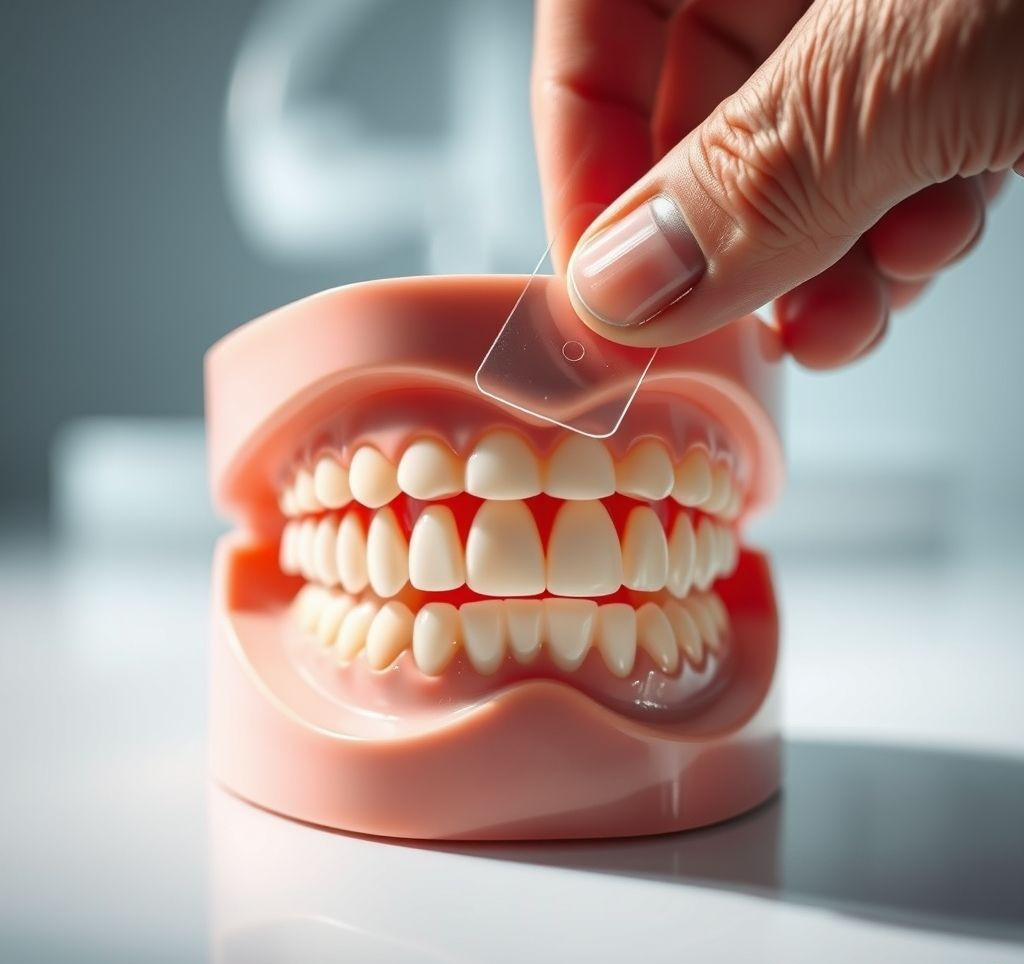Embarking on a new dietary journey can be exciting and, admittedly, a little daunting. The keto diet, known for its focus on high-fat, moderate-protein, and very-low-carbohydrate intake, is no exception. This ultimate keto diet for beginners guide is designed to provide you with a clear, actionable roadmap for your first seven days, helping you understand the basics, navigate the initial hurdles, and set the stage for long-term success. We’ll break down the key components, offer a sample meal plan, and share valuable tips to minimize the inevitable “keto flu”. Forget the overwhelming information overload; let’s get started on your keto adventure!
Why This Keto Diet for Beginners Guide is Crucial
Understanding the ‘why’ behind a diet is just as important as understanding the ‘how’. This keto diet for beginners guide prioritizes clarity and simplicity, ensuring you have a solid foundation for success. Here’s why this guide is essential:
- Demystifies Keto: We break down the complex science into easy-to-understand terms, making the keto diet accessible to everyone.
- Provides a Practical Starting Point: The 7-day meal plan eliminates guesswork, giving you a structured framework to follow.
- Minimizes the Keto Flu: We offer proactive strategies to manage and mitigate the common side effects of transitioning to keto.
- Promotes Long-Term Adherence: By understanding the principles and mastering the basics, you’re more likely to stick with the keto diet and achieve your goals.
- Built on Sound Information: This guide focuses on creating a healthy nutritional foundation.
Core Principles: What is Keto and How Does it Work?
At its core, the keto diet shifts your body’s primary fuel source from glucose (derived from carbohydrates) to ketones (produced from fat). This metabolic state, called ketosis, occurs when your carbohydrate intake is significantly reduced, forcing your body to tap into its fat reserves for energy.
To achieve and maintain ketosis, you need to adhere to a specific macronutrient ratio – typically around 70-80% of your calories from fat, 20-25% from protein, and 5-10% from carbohydrates. This translates to roughly 20-50 grams of net carbs per day.
Key Components of the Keto Diet:
- Macronutrient Ratio: Prioritize fat intake, moderate protein, and strictly limit carbohydrate consumption.
- Net Carbs: Focus on net carbs (total carbs minus fiber and sugar alcohols) as these are the carbs that impact blood sugar levels.
- Hydration: Drink plenty of water to support kidney function and prevent dehydration, especially during the initial transition.
- Electrolytes: Supplement with electrolytes (sodium, potassium, magnesium) to replenish those lost due to reduced insulin levels.
- Whole Foods: Emphasize whole, unprocessed foods to ensure you’re getting essential nutrients.
Did you know? A study published in the “American Journal of Clinical Nutrition” found that ketogenic diets can be effective for weight loss and improving certain metabolic markers, such as blood sugar control and cholesterol levels. However, it’s crucial to consult with a healthcare professional before starting any new diet, especially if you have underlying health conditions.
Your Keto Diet for Beginners: A 7-Day Meal Plan
This 7-day meal plan provides a sample of what a keto diet can look like. Adjust portion sizes and food choices to suit your indivi
dual needs and preferences.- Day 1:
- Breakfast: Scrambled eggs with cheese and avocado
- Lunch: Chicken salad with lettuce wraps
- Dinner: Salmon with roasted broccoli and cauliflower
- Day 2:
- Breakfast: Keto smoothie with spinach, berries, and protein powder
- Lunch: Leftover salmon and vegetables
- Dinner: Steak with asparagus and a side salad
- Day 3:
- Breakfast: Bulletproof coffee
- Lunch: Tuna salad with celery sticks
- Dinner: Pork chops with green beans and mushrooms
- Day 4:
- Breakfast: Coconut flour pancakes with berries
- Lunch: Leftover pork chops and vegetables
- Dinner: Ground beef and cauliflower rice
- Day 5:
- Breakfast: Omelet with sausage and cheese
- Lunch: Hard boiled eggs with cheese and pickles
- Dinner: Chicken wings (baked or fried)
- Day 6:
- Breakfast: Almond flour muffins
- Lunch: Leftover chicken wings
- Dinner: Pizza with cauliflower bread
- Day 7:
- Breakfast: Chia pudding with coconut milk
- Lunch: Lettuce wrapped burger
- Dinner: Shrimp scampi with zucchini noodles
Keto-Friendly Food List:
- Fats: Avocado, olive oil, coconut oil, butter, ghee
- Proteins: Meat (beef, pork, chicken, lamb), fish (salmon, tuna, mackerel), eggs
- Non-Starchy Vegetables: Leafy greens (spinach, kale, lettuce), broccoli, cauliflower, asparagus, zucchini
- Nuts and Seeds: Almonds, walnuts, chia seeds, flax seeds
- Dairy (in moderation): Cheese, heavy cream, unsweetened yogurt
Expert Tips & Best Practices for a Keto Diet for Beginners
Navigating the keto diet, especially in the beginning, requires more than just knowing what to eat. Here are some expert tips to enhance your experience:
- Manage the Keto Flu: The “keto flu” – characterized by fatigue, headaches, and brain fog – is a common side effect of carbohydrate withdrawal. Combat it by staying hydrated, increasing electrolyte intake (sodium, potassium, magnesium), and getting enough sleep.
- Track Your Macros: Use a food tracking app to monitor your macronutrient intake and ensure you’re staying within the recommended ranges.
- Be Patient: It takes time for your body to adapt to using fat for fuel. Don’t get discouraged if you don’t see results immediately.
- Listen to Your Body: Pay attention to how you feel and adjust your diet accordingly. If you’re feeling overly restricted or experiencing persistent negative symptoms, consult with a healthcare professional or registered dietitian.
- Plan Ahead: Prepare your meals and snacks in advance to avoid impulsive, carb-heavy choices when you’re hungry.
“The ketogenic diet is a powerful tool for weight loss and metabolic health, but it’s essential to approach it with a solid understanding of the principles and a commitment to making sustainable lifestyle changes.” – Dr. Josh Axe, DC, DNM, CNS
Starting a keto diet for beginners might feel overwhelming, but with the right knowledge and preparation, it can be a transformative experience. This 7-day starter guide is your first step toward a healthier and more energized you. Remember to consult with a healthcare professional before starting any new diet.



















